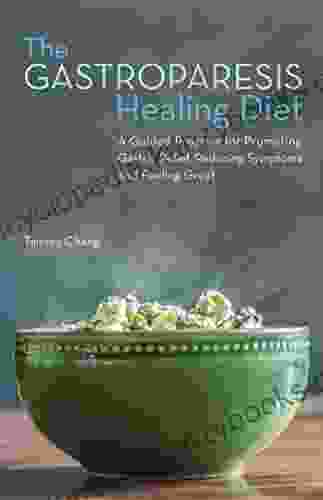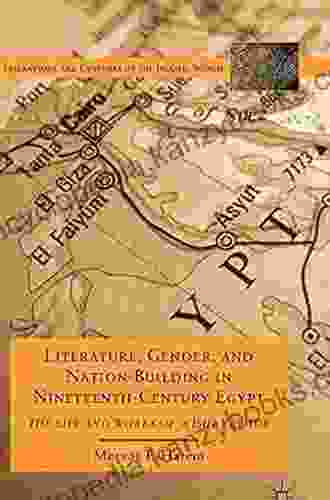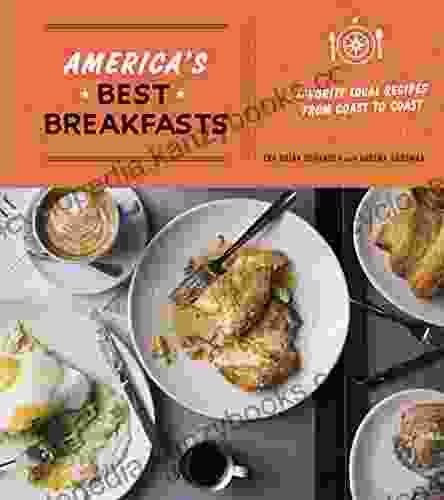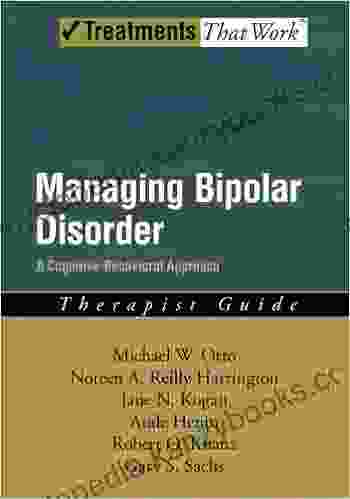Literature, Gender, and Nation Building in Nineteenth Century Egypt

The nineteenth century was a period of profound transformation in Egypt, as the country underwent a series of political, social, and economic changes that would ultimately lead to its emergence as a modern nation-state. This period also saw a flourishing of literary activity, as writers and intellectuals sought to grapple with the challenges and opportunities of their time.
5 out of 5
| Language | : | English |
| File size | : | 688 KB |
| Text-to-Speech | : | Enabled |
| Screen Reader | : | Supported |
| Enhanced typesetting | : | Enabled |
| Word Wise | : | Enabled |
| Print length | : | 251 pages |
One of the most significant aspects of nineteenth-century Egyptian literature was its role in the construction of gender and nationhood. Literary texts of this period reflected and shaped the changing social and political landscape of the time, particularly in relation to women's roles and the formation of a national identity.
In the early nineteenth century, Egypt was a patriarchal society in which women were largely confined to the domestic sphere. However, the rise of a new middle class and the increasing influence of Western ideas began to challenge this traditional gender Free Download. Women began to demand greater access to education and employment, and they played an increasingly active role in public life.
This changing social landscape was reflected in the literature of the time. Female authors such as Fatima al-Yusifiyya and Zaynab Fawwaz wrote novels and plays that explored the experiences of women in a changing society. These works challenged traditional notions of femininity and argued for the importance of women's education and empowerment.
At the same time, male writers such as Muhammad al-Muwaylihi and Qasim Amin also wrote about women's roles in society. While these writers were generally more conservative than their female counterparts, they nevertheless recognized the need for women to have greater access to education and employment. They also argued that women should play a more active role in the public sphere, particularly in the areas of education and healthcare.
The debate over women's roles in society was closely linked to the broader question of national identity. In the nineteenth century, Egypt was still under Ottoman rule, and many Egyptians felt a sense of national inferiority. This sense of inferiority was compounded by the growing influence of European powers in the region. As a result, many Egyptians began to look to their own history and culture for inspiration.
This search for a national identity was reflected in the literature of the time. Writers such as Mustafa Lutfi al-Manfaluti and Muhammad Husayn Haykal wrote novels and plays that celebrated Egyptian history and culture. These works helped to create a sense of national pride and unity among Egyptians.
However, the construction of a national identity was not without its contradictions. Many of the same writers who celebrated Egyptian history and culture also expressed misogynistic views. They argued that women were inferior to men and that they should be confined to the domestic sphere. This contradiction between nationalism and sexism was a reflection of the complex and often contradictory nature of gender relations in nineteenth-century Egypt.
Despite these contradictions, the literature of nineteenth-century Egypt played a significant role in the construction of gender and nationhood. Literary texts of this period reflected and shaped the changing social and political landscape of the time, and they helped to create a sense of national pride and unity among Egyptians.
The legacy of nineteenth-century Egyptian literature is still felt today. The works of this period continue to be read and studied by scholars and students alike, and they provide valuable insights into the complex and often contradictory nature of gender and nationhood in the modern world.
5 out of 5
| Language | : | English |
| File size | : | 688 KB |
| Text-to-Speech | : | Enabled |
| Screen Reader | : | Supported |
| Enhanced typesetting | : | Enabled |
| Word Wise | : | Enabled |
| Print length | : | 251 pages |
Do you want to contribute by writing guest posts on this blog?
Please contact us and send us a resume of previous articles that you have written.
 Book
Book Novel
Novel Page
Page Chapter
Chapter Text
Text Story
Story Genre
Genre Reader
Reader Library
Library Paperback
Paperback E-book
E-book Magazine
Magazine Newspaper
Newspaper Paragraph
Paragraph Sentence
Sentence Bookmark
Bookmark Shelf
Shelf Glossary
Glossary Bibliography
Bibliography Foreword
Foreword Preface
Preface Synopsis
Synopsis Annotation
Annotation Footnote
Footnote Manuscript
Manuscript Scroll
Scroll Codex
Codex Tome
Tome Bestseller
Bestseller Classics
Classics Library card
Library card Narrative
Narrative Biography
Biography Autobiography
Autobiography Memoir
Memoir Reference
Reference Encyclopedia
Encyclopedia Aaron Hill
Aaron Hill 4th Edition Kindle Edition
4th Edition Kindle Edition Jessica Robbins
Jessica Robbins Afia Keteku
Afia Keteku Aditi Wardhan Singh
Aditi Wardhan Singh Aaron Taylor
Aaron Taylor A C Zito
A C Zito Ahmed Khan
Ahmed Khan Alan M Hultquist
Alan M Hultquist Aaron Robles
Aaron Robles A W Tozer
A W Tozer Eileen Henry
Eileen Henry A J Kehl
A J Kehl A J May
A J May Adam Rubin
Adam Rubin Alan Cohen
Alan Cohen Adam Johnson
Adam Johnson Al Berenger
Al Berenger Adam Rostocki
Adam Rostocki Jivanmukti
Jivanmukti
Light bulbAdvertise smarter! Our strategic ad space ensures maximum exposure. Reserve your spot today!

 Jeremy MitchellGuided Program for Promoting Gastric Relief: Reduce Symptoms and Feel Great
Jeremy MitchellGuided Program for Promoting Gastric Relief: Reduce Symptoms and Feel Great Ron BlairFollow ·16.8k
Ron BlairFollow ·16.8k James GrayFollow ·19.4k
James GrayFollow ·19.4k Fabian MitchellFollow ·7.9k
Fabian MitchellFollow ·7.9k Terence NelsonFollow ·6.8k
Terence NelsonFollow ·6.8k Joshua ReedFollow ·3.7k
Joshua ReedFollow ·3.7k Simon MitchellFollow ·9.9k
Simon MitchellFollow ·9.9k Evan HayesFollow ·8.1k
Evan HayesFollow ·8.1k Victor HugoFollow ·6.5k
Victor HugoFollow ·6.5k

 Darren Nelson
Darren NelsonJourney into the Culinary Delights of "Eat Cook": An...
: Unlocking the Secrets of Streamlined...

 Brett Simmons
Brett SimmonsEmbark on a Culinary Journey: Traditional Soviet Union...
Nestled on the...

 Ben Hayes
Ben HayesBest Hummus Recipes From All Over the World
A Culinary Journey Into the...

 Truman Capote
Truman CapoteDelicious Macarons Recipes From The Heart: 10 Desserts...
Step into the enchanting realm...

 Isaias Blair
Isaias BlairNurturing Young Hearts: Exploring Empathy, Kindness, and...
: The Importance...

 Dan Bell
Dan BellChildren Picture About Friendship For Preschool Emotions...
This book is a great way to...
5 out of 5
| Language | : | English |
| File size | : | 688 KB |
| Text-to-Speech | : | Enabled |
| Screen Reader | : | Supported |
| Enhanced typesetting | : | Enabled |
| Word Wise | : | Enabled |
| Print length | : | 251 pages |










